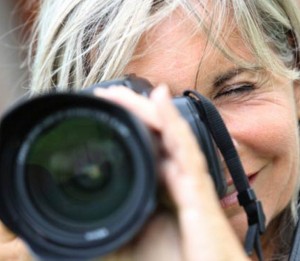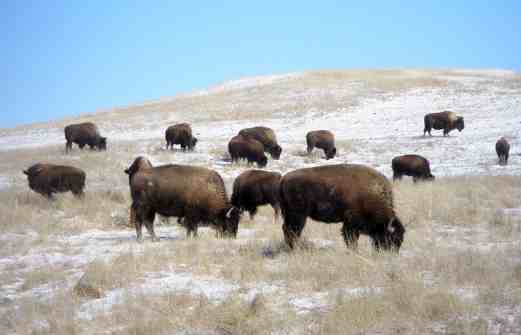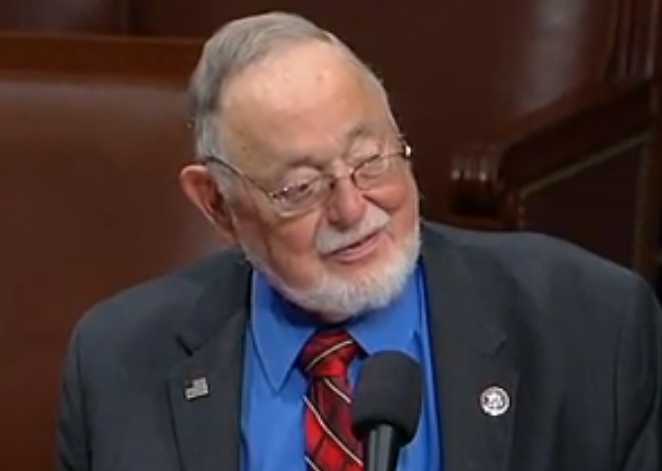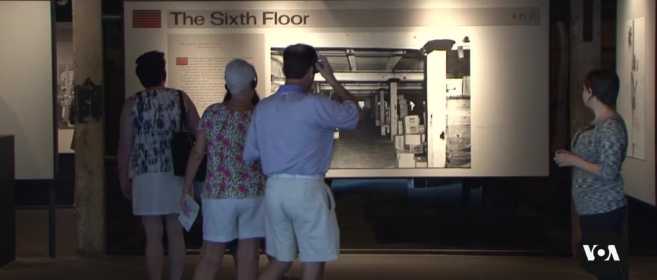 BUFFALO, NY – Older adults who learn a new, mentally demanding skill can improve their cognitive function, according to research by Jennifer Lodi-Smith, PhD, assistant professor of psychology at Canisius College. Lodi-Smith and her colleagues, including lead researcher Denise Park of the University of Texas at Dallas’ Center for Vital Longevity, randomly assigned 221 adults, ages 60-90, to engage in a particular type of activity for 15 hours a week over the course of three months. Some participants were assigned to learn a new skill – digital photography, quilting, or both − which required active engagement and tapped working memory, long-term memory and other high-level cognitive processes.
BUFFALO, NY – Older adults who learn a new, mentally demanding skill can improve their cognitive function, according to research by Jennifer Lodi-Smith, PhD, assistant professor of psychology at Canisius College. Lodi-Smith and her colleagues, including lead researcher Denise Park of the University of Texas at Dallas’ Center for Vital Longevity, randomly assigned 221 adults, ages 60-90, to engage in a particular type of activity for 15 hours a week over the course of three months. Some participants were assigned to learn a new skill – digital photography, quilting, or both − which required active engagement and tapped working memory, long-term memory and other high-level cognitive processes.
The study took place from 2009-2011.
“At the end of three months, we found that only the group who learned digital photography grew in their memory skills,” says Lodi-Smith. The participants were computer novices, they had to remember a series of steps, learn to use Adobe Photoshop, and mount their photos. The key, adds Lodi-Smith, is that the group was productively engaged and consistently challenged during their activity.
Other participants were asked to participate in more familiar activities such as crossword puzzles, watch documentaries and listen to classical music. To account for the possible influence of social contact, some participants were assigned to a group that included field trips and entertainment.
“So when we see all these media reports that tell people that they should get involved socially, or do crossword puzzles or Sudoku, they are just not as beneficial as learning something new where you really have to put that effort in,” says Lodi-Smith. “You have to want to change and work hard to see real benefits.”
Next steps for further research, says Lodi-Smith, include potential methods for improving psychological function for older adults. “My current research examines identity in older adults, specifically how we understand who we are, how that changes as we age, and if we can maintain that identity long-term.”
Additional collaborators on the initial study included Linda Drew, Sara Haber, Andrew Hebank, Gérard N. Bischof and Whitley Aamodt, all from the University of Texas.
Canisius is one of 28 Jesuit universities in the nation and the premier private university in Western New York.






